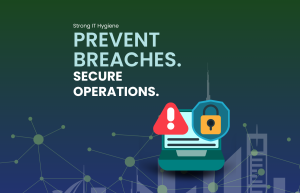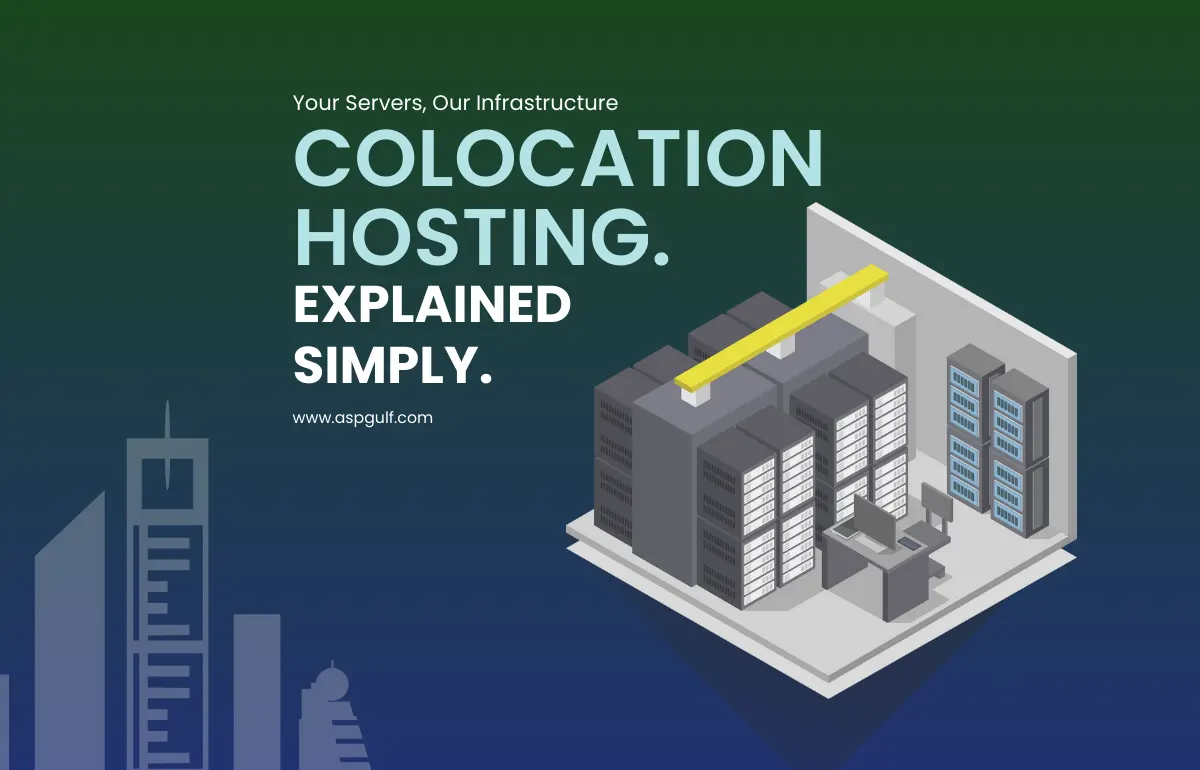
Introduction
In today’s fast-paced digital world, businesses rely heavily on technology to run their daily operations. However, unforeseen events like cyberattacks, natural disasters, hardware failures, or even human errors can disrupt business processes. This is where business continuity IT support becomes vital. Business continuity planning involves creating strategies to ensure that critical business functions continue smoothly during and after a disruption. IT support plays a pivotal role in this by implementing systems and processes that minimize downtime and protect vital data.
In this article, we’ll explore IT support for business continuity, its importance in disaster recovery planning, and how it contributes to risk mitigation and operational resilience.

What is Business Continuity Planning?
Business Continuity Planning (BCP) refers to an organization’s proactive strategy to maintain essential functions during a disaster or unexpected disruption. It involves a combination of processes, resources, and plans to ensure business operations can continue with minimal downtime.
Key elements of a Business Continuity Plan include:
- Risk Assessment & Business Impact Analysis
- Disaster Recovery Solutions
- Data Backup and Recovery Support
- Crisis Communication Plans
- IT Infrastructure Resilience
- Emergency IT Response Procedures
Why IT Support is Critical in Business Continuity Planning
1. Ensuring IT Infrastructure Resilience
An organization’s IT infrastructure is the backbone of its operations. Any disruption can paralyze business functions. IT support ensures that the infrastructure is robust, resilient, and capable of withstanding unexpected events.
- Regular system health checks
- Redundancy setups (servers, networks, power supply)
- Infrastructure scalability for future growth
2. Minimizing Downtime with IT Support
Extended downtimes can lead to significant financial losses and damage to brand reputation. IT support teams implement proactive monitoring and rapid incident response to minimize downtime.
- 24/7 IT monitoring for early issue detection
- Automated failover systems
- Real-time alerts and diagnostics
3. Data Backup and Recovery Support
Data is the most valuable asset for any business. IT support teams design and manage reliable backup strategies to ensure data availability even during critical failures.
- Incremental and differential backups
- Offsite and cloud backups for disaster recovery
- Periodic recovery drills to test readiness
IT Support in Disaster Recovery Planning
Disaster Recovery (DR) is a subset of Business Continuity Planning that focuses on restoring IT systems after a disaster. IT support in disaster recovery planning involves preparing recovery strategies that enable swift restoration of IT services.
IT Support Activities in Disaster Recovery:
- Developing Disaster Recovery Runbooks
- Setting up Disaster Recovery as a Service (DRaaS)
- Testing Recovery Time Objectives (RTO) and Recovery Point Objectives (RPO)
- Establishing secondary data centers and redundant systems
Importance:
- Quick restoration of critical applications and services
- Minimizing data loss with effective recovery strategies
- Reducing operational disruptions through IT support

Let Us Manage Your IT
So You Can Focus on Growth
IT’s Role in Crisis Management
When a crisis strikes, IT support teams become the frontline responders. Their role in crisis management is multifaceted, ensuring technical stability, securing data, and supporting business communications.
Key Responsibilities:
- Activating business continuity protocols
- Implementing emergency IT response planning
- Facilitating remote work solutions during disruptions
- Managing cybersecurity hygiene during crises
- Coordinating with leadership for seamless communication
Proactive IT Monitoring for Business Continuity
Proactive IT monitoring plays a key role in identifying potential issues before they escalate into full-blown disasters. IT support teams utilize advanced monitoring tools to maintain constant vigilance over business-critical systems.
Benefits of Proactive Monitoring:
- Predictive maintenance to prevent hardware failures
- Identifying network bottlenecks early
- Monitoring cybersecurity threats in real-time
- Aligning IT services with business continuity objectives
Aligning IT Support with Business Continuity Strategies
An effective business continuity plan requires a collaborative approach where IT support aligns with overall business strategies. The goal is to create a seamless bridge between IT operations and business continuity objectives.
Key Alignment Factors:
- Understanding business-critical processes
- Mapping IT dependencies and interconnections
- Designing IT policies that support operational continuity
- Ensuring compliance with industry regulations and standards
Reducing Operational Disruptions through IT Support
Operational disruptions can arise from various sources, including system crashes, security breaches, or human errors. IT support teams proactively mitigate these risks through structured processes and advanced technologies.
Strategies to Reduce Disruptions:
- Implementing robust patch management to eliminate vulnerabilities
- Using disaster recovery solutions for quick failovers
- Automating routine IT tasks to avoid human errors
- Setting up secure remote access solutions for workforce flexibility
Benefits of Business Continuity IT Support
1. Increased Business Resilience
Businesses equipped with a solid IT support framework can quickly adapt to disruptions and maintain operational stability.
2. Cost Efficiency
By avoiding prolonged downtimes and data losses, businesses can save on potential recovery costs and maintain service continuity.
3. Enhanced Data Security
With data backup strategies and proactive monitoring, IT support ensures sensitive data remains secure against cyber threats.
4. Regulatory Compliance
Effective IT support ensures that businesses adhere to data protection laws, industry standards, and compliance requirements.
5. Improved Stakeholder Confidence
A robust business continuity IT support system builds trust among customers, partners, and investors by showcasing the organization’s preparedness.
Conclusion
In an age where digital disruptions can strike at any time, having a strong IT support for business continuity is not just a luxury but a necessity. From proactive monitoring to disaster recovery planning and crisis management, IT support teams ensure that businesses remain resilient, agile, and capable of overcoming unforeseen challenges.
By investing in robust IT support strategies, businesses can safeguard their operations, protect critical data, and uphold their reputation even in times of crisis.
If you’re looking to strengthen your business continuity framework with expert IT support, explore our comprehensive Managed IT Services today.
Frequently Asked Questions
1. How does IT support contribute to business continuity planning?
IT support ensures that the organization’s IT infrastructure remains operational during disruptions by implementing proactive monitoring, disaster recovery solutions, and backup strategies.
2. Why is proactive IT monitoring important for business continuity?
Proactive IT monitoring helps identify and resolve potential issues before they impact business operations, thus reducing downtime and maintaining service continuity.
3. What role does IT support play in crisis communication?
IT support facilitates communication during crises by ensuring email systems, collaboration tools, and remote work infrastructures remain operational and secure.
4. How does IT support align with business continuity strategies?
IT support aligns by understanding business processes, mapping IT dependencies, and implementing policies that ensure seamless operations during disruptions.
5. What are the key components of IT support in disaster recovery planning?
Key components include data backup and recovery, disaster recovery runbooks, failover systems, regular DR testing, and real-time incident response mechanisms.















